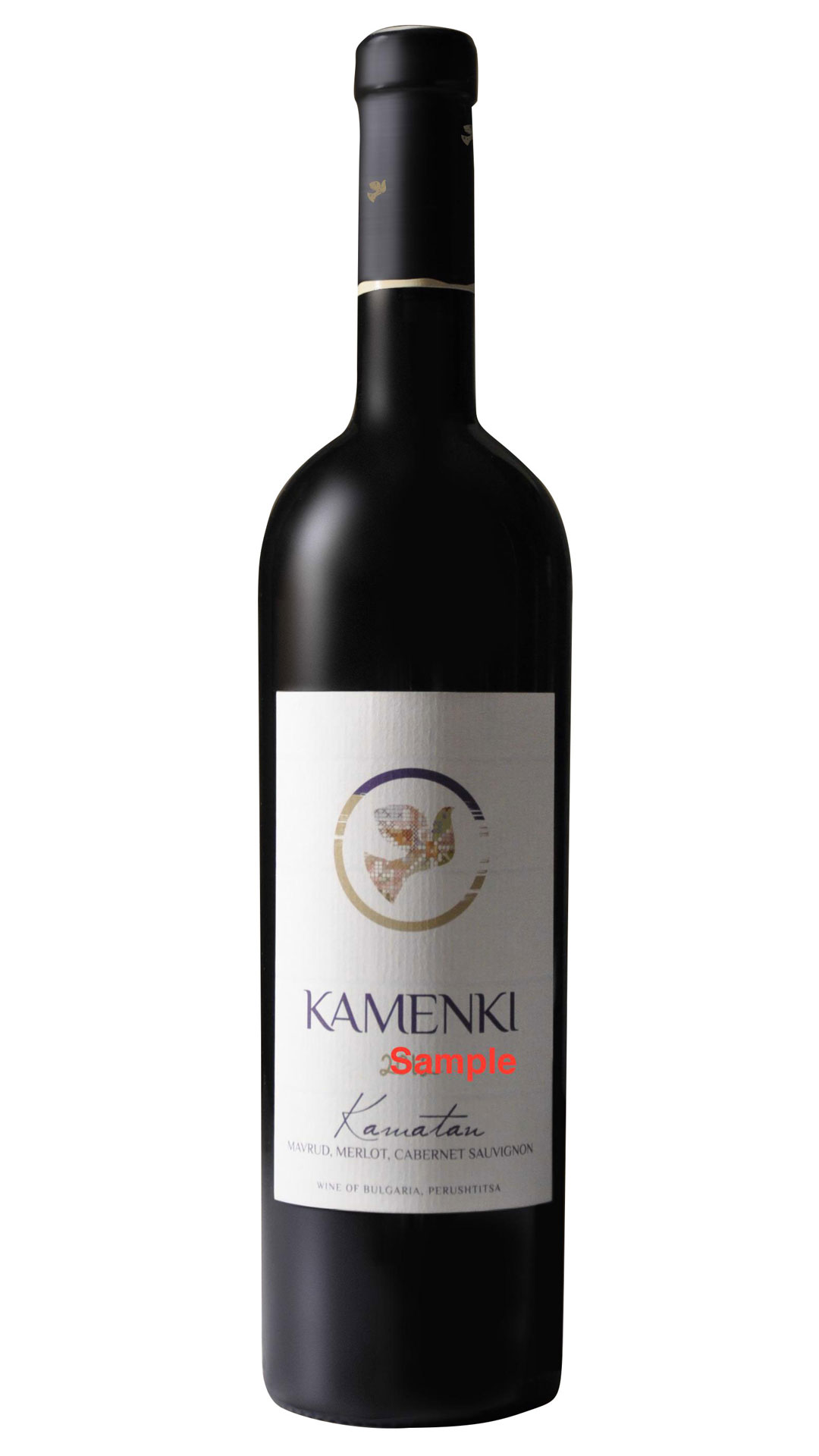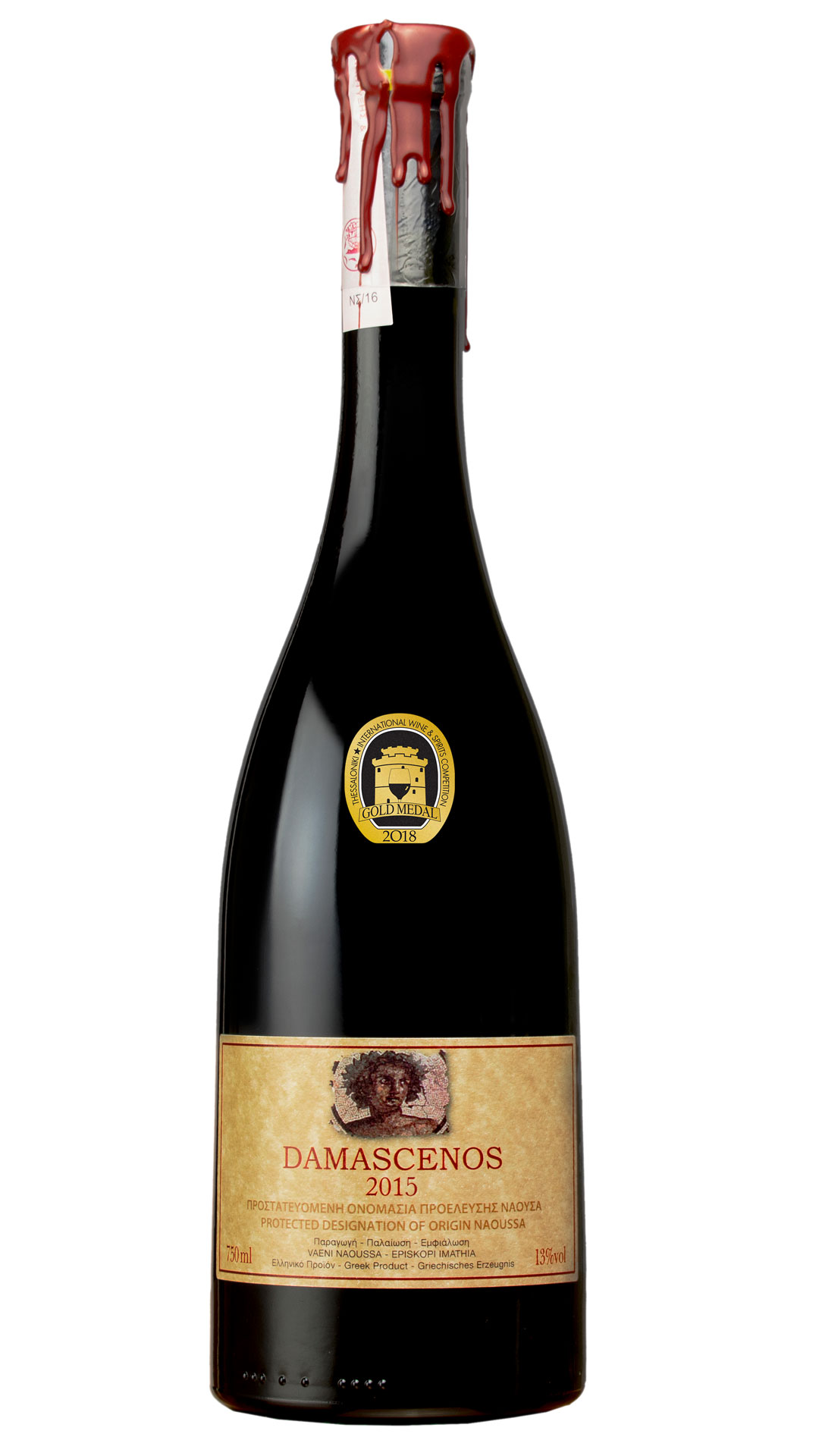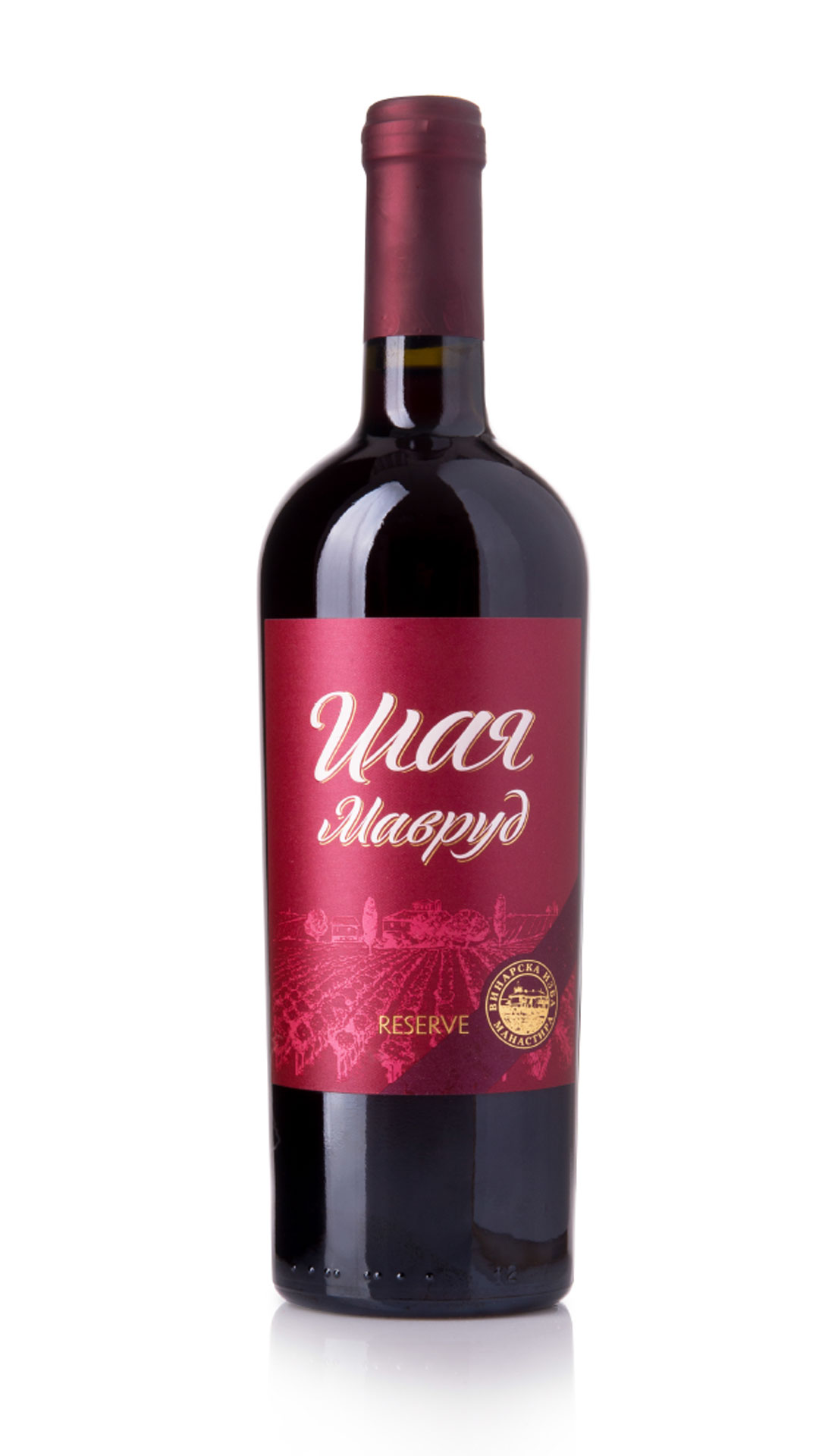The definition of PDO/PGI label:
PDO (Protected Designation of Origin) and PGI (Protected Geographical Indication) are two European Union designations that protect the names of specific food and agri-cultural products. These designations ensure that only products originating from specific regions and produced using traditional methods can use these labels. Here’s a brief definition of PDO and PGI products:
PDO (Protected Designation of Origin):
A PDO product is one that is produced, processed, and prepared in a specific geographical area, using recognized traditional methods. The combination of the geographical origin and traditional production methods gives the product unique qualities and characteristics. The entire production process, from raw materials to the final product, must take place in the defined geographical area to receive PDO status.

PGI (Protected Geographical Indication):
A PGI product is linked to a specific geographical area, but not all stages of production need to occur within that area. At least one of the stages, such as production, processing, or preparation, should take place in the defined geographical region. The unique quality, reputation, or other characteristics of the product are attributable to its geographical origin. PGI status ensures that the product’s name is protected from misuse, and consumers can trust the authenticity of the regional qualities.
Both PDO and PGI designations provide legal protection to regional foods and help maintain the traditional knowledge and heritage associated with these products. They also assist consumers in identifying and selecting authentic products from specific regions known for their unique qualities and flavors. The designations are a testament to the importance of geographical origin and traditional production methods in preserving the diversity and quality of European food products.
Source: European Commision

















